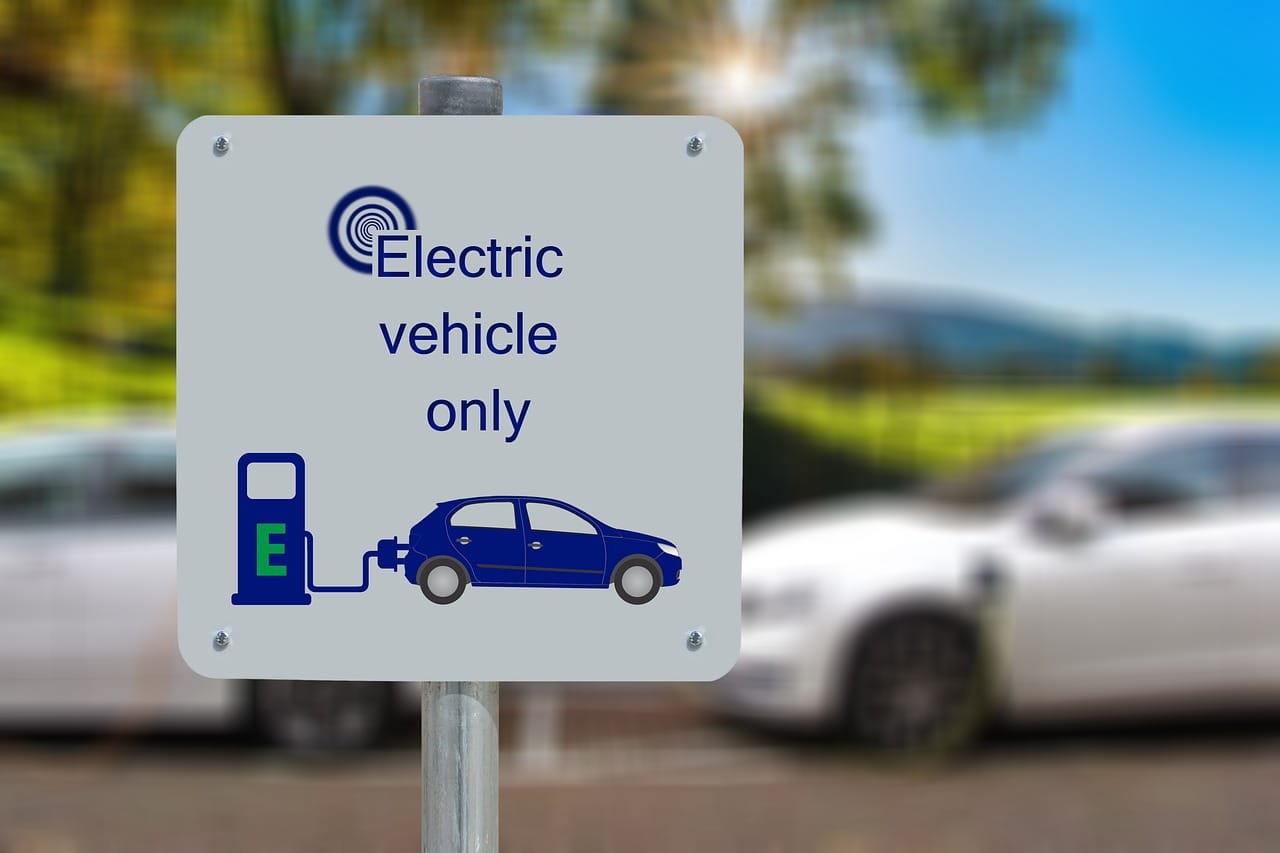
What the public believes about EV's matters, even if it's not true
Politicians are not brave people, they want to do something that a large minority, if not the majority, will support. Which is why what the public believes about Electric Vehicles' really matters. And why 40% saying that they don't think EV's are better for the environment is a worry.
Regulation generally doesn't happen because it's the 'right thing to do'. It often follows rather than leads public opinion. Politicians are not brave people, they want to do something that a large minority, if not the majority, will support. Which is why what the public believes about Electric Vehicles' really matters.
Let's start by being honest. Without regulation it's going to take longer to get to the point where EV's replace traditional internal combustion engine (ICE's) powered cars in new sales. We need regulation, and we want it to be consistent, something companies can reply on. For instance, the UK government has committed to all new cars and vans being EV's by 2035. But that regulation can be changed, the date could slide (again).
Why might a future government do that? The most likely reason is they believe the policy has limited public support. Which is why a piece by New AutoMotive on a survey from Climate Barometer caught our eye. This effectively says that 40% of the public believe that EV's are no more environmental friendly than petrol or diesel cars. Scary, especially as it's not true.
But, the underlying support for a green transition suggests that with the right level of education, this can be reversed.
This is a What Caught Our Eye story - highlighting reports, research and commentary at the interface of finance and sustainability. Things we think you should be reading, and pointing out the less obvious implications. All from a finance perspective.
It's free to become a member ... just click on the link at the bottom of this blog or the subscribe button. Members get a summary of our weekly posts, including What Caught Our Eye and Sunday Brunch, delivered straight to your inbox. Never miss another blog post !
Two in five do not believe EVs offer an environmental benefit
It appears that a sizable proportion of the public in the UK believe that EV's are not better for the environment. If this is left unchallenged, it could potentially lead to regulation being watered down. Which is not good for encouraging investment. But the good news is that there still seems to be a genuine consensus on reaching net zero.
Which means that a coordinated push to educate the public could tip the balance back in favour of EV's. So, maybe, lets not cancel that new battery plant, EV production line or EV charging system just yet.
What do the public seem to believe on EV's?
Lets start with the New AutoMotive article. They highlight the Climate Barometer survey, that suggests 40% of the public believe the myth that electric cars are not better for the environment than those with internal combustion engine.

They point out that the myth has a kernel of truth - yes, making the batteries for an EV is more energy intensive than making an ICE engine. But then they highlight how this kernel gets twisted into spin about how this means that EV's have a longer initial 'payback period', before they catch up with a similar ICE. And how this means that unless you drive a really high annual milage, and you live in a country with only low carbon electricity, EV's are not better for the environment.
I don't plan to dig into why this is not correct. The New AutoMotive article does a great job, and I highly recommend you read it. I will also resist the temptation to write about how we should also check our sources (what angle does the author and/or journalist have), and how we should always check their assumptions.
What I want to explore instead is what this might mean for a company's willingness to invest in the EV transition, and what can be done to overcome the negative newsflow.
Let's start with the Climate Barometer survey.
What they were testing is how many people in the UK had heard the myth (it turns out that a material majority had), and of those who believed it (over half). At a simpler level, 40% of the public had heard the myth and believed it.


How might this impact investment?
If you are a company involved the UK EV market, this is not a great statistic. And this is not just relevant for companies manufacturing EV's. It also impacts suppliers, second hand car dealers, companies that service and maintain EV's, and those providing EV charging services.
Investing for the EV transition means taking a financial risk. Investments range from new EV battery production, scaling up EV production by the automotive OEM's, through to accelerating the roll out of EV charging. Company's will be putting real money on the line.
The risk for all of this investment is that a future UK government changes it's mind. That it looks at public opinion and goes 'this regulation is a vote loser'.
In which case the industry might decide it's a good idea to double down on delaying tactics, as they seem to be doing in Europe. And we find that a commitment to no new ICE's by 2035, becomes a "target", by 2040.

The good news is that, at least in the UK, public support for green measures has held up well. The recent election gave the public a real chance to vote against a greener economy, and yet, there was no sign of a green backlash. For instance 50% of the population have heard and agree with the statement that 'if we work together we can still prevent the worst impacts of climate change'.

I don't know how much you have followed UK politics, but until recently we had a government that seemed happy to allow such myths to spread unchallenged. And this doesn't seem to be the case with the new government. So maybe, just maybe, a concerted effort on this topic (and heat pumps, and renewables etc etc) can leverage that general support into something more tangible.
One last thought
We are unlikely to see companies investing on the back of just 'targets'. As we said in a recent blog "targets are just goals, or sometimes even just hopes". What investors and companies need to see is a realistic delivery plan.
In the case of companies we should see targets, even mid term ones, as being a starting point, not an end point. And we should demand much better sustainability disclosure, including proper reporting via the annual Report and Accounts. Plus proper oversight and reporting by the auditors.

And for governments, we need to see targets backed up by not just funding, but all of the other actions that will ensure that the targets get achieved. Like standards and moves to create the necessary skilled workforce.

Please read: important legal stuff.




